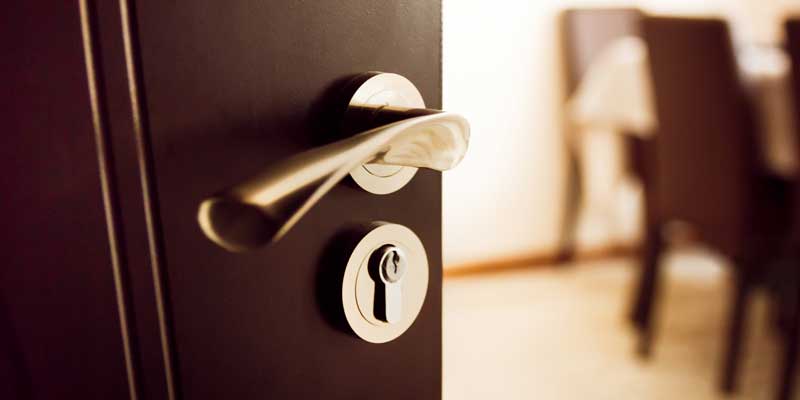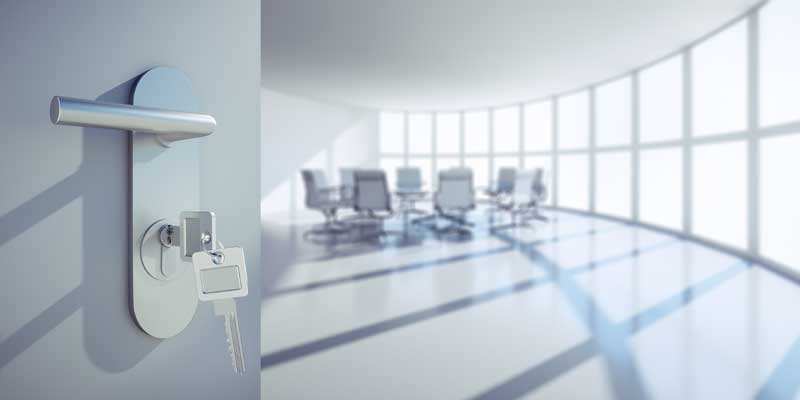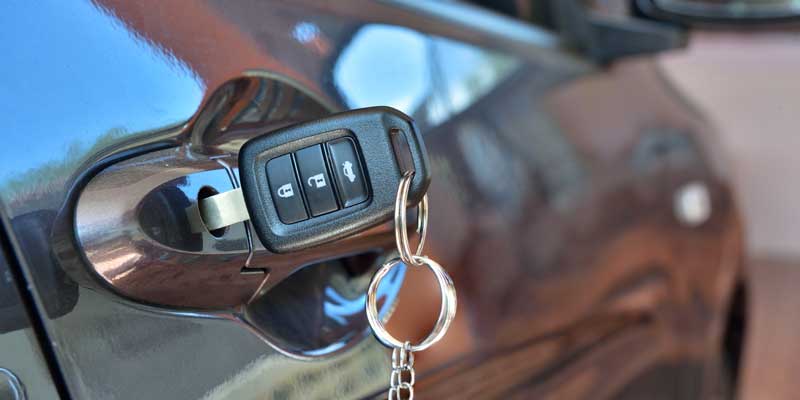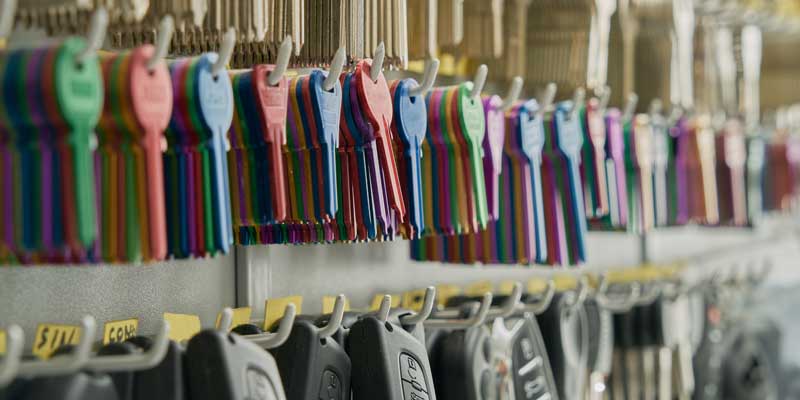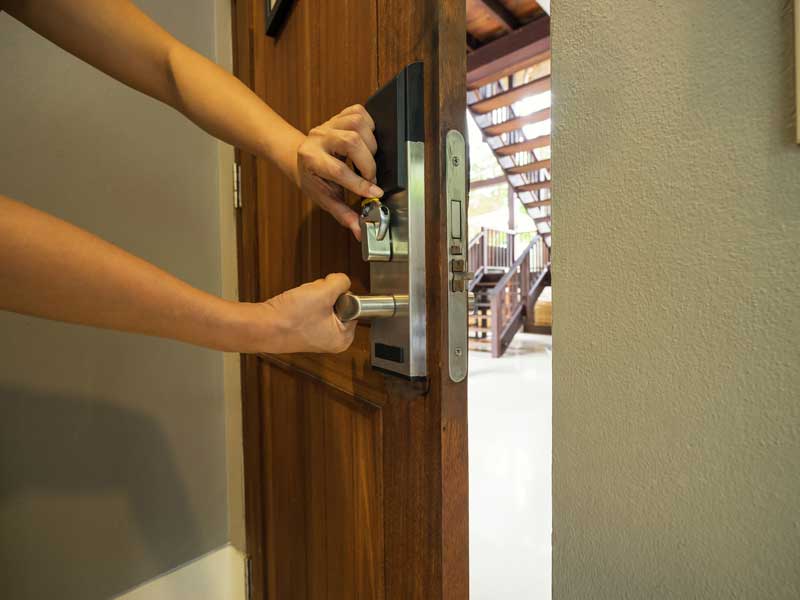Over 30 Years Experience
Trusted Locksmith
in the Missoula Area
Welcome to Lord & Jackson Locksmiths in Missoula, MT. For over 30 years, we have been your trusted local locksmith, helping countless folks in our community with their lock and key needs. Everyone finds themselves locked out once in a while or in need of a key service, and that's why we're here. Just give us a call at 406-728-2163 anytime!
Professional Locksmith in Missoula, MT
Serving the nearby areas of Lolo, Frenchtown, and Arlee. See our complete service area.
At Lord & Jackson Locksmiths, we pride ourselves on our dedication to offering friendly, professional services. Our experienced team has honed their skills over decades, ensuring you get quality services every time you call. Whether you've lost your house keys or need a full lock system for your business, we're just a phone call away.
Your home is your castle. We help you keep it safe. From lock installation to repair or replacement, we handle it all. If you're looking to upgrade to electronic or digital locks, we're here to guide you every step of the way.
Businesses have unique needs. We offer specialized services to make sure your business stays secure. From front doors to filing cabinets, trust us to lock it down.
Locked out of your car? Lost your keys? Don't panic. We’re not just your car key maker; we offer full automotive locksmith services to get you back on the road in no time.
Whether it's a simple key replacement or creating a duplicate set, our key services are top-notch. Keep a spare with you and avoid those lockout moments.
Why Choose Lord & Jackson Locksmiths?
We believe in clear communication and honest work. When you choose us, here's what you can expect:
Professional Service
With 30 years of experience, we know our craft.
Friendly & Local
We're your neighbors. Always responsive and reliable, we treat you like family.
Mobile Locksmith
Locked out in the middle of nowhere? No problem. We’re a mobile locksmith service, ready to come to you wherever you are in Missoula.
Emergency and 24 Hour Lockout Services
Night or day, rain or shine, we're there when you need us most.
Trusted by Many
Our reputation speaks for itself. Your trust is our biggest reward.
Missoula's Trusted Locksmith
Missoula, MT, is more than just a place on the map for us at Lord & Jackson Locksmiths. It’s our home. For over 30 years, we've been a part of this vibrant community, helping keep our neighbors safe. We've seen kids grow up and families expand, making the bonds we've built with you even more special. From serving homeowners up the Rattlesnake to assisting businesses downtown, we’ve helped many people in and around Missoula. We sincerely appreciate the trust the local community has in us. Every time you see our truck near the Clark Fork River or hear about us at a Grizzlies game, remember that we're not just any locksmith; we're YOUR local locksmith. Your safety and trust mean the world to us. Because at the end of the day, Missoula isn't just where we work, it’s our home.
Ready to Secure Your Space?
Don’t wait for an emergency to find a trusted locksmith near you. With Lord & Jackson Locksmiths, you have a dependable partner always ready to help. Whether you need a quick fix or a long-term security plan, we're here to assist. Remember, it's always better to be safe than sorry.
Call us today at 406-728-2163 and let us show you the Lord & Jackson difference. Your peace of mind is just a phone call away.
